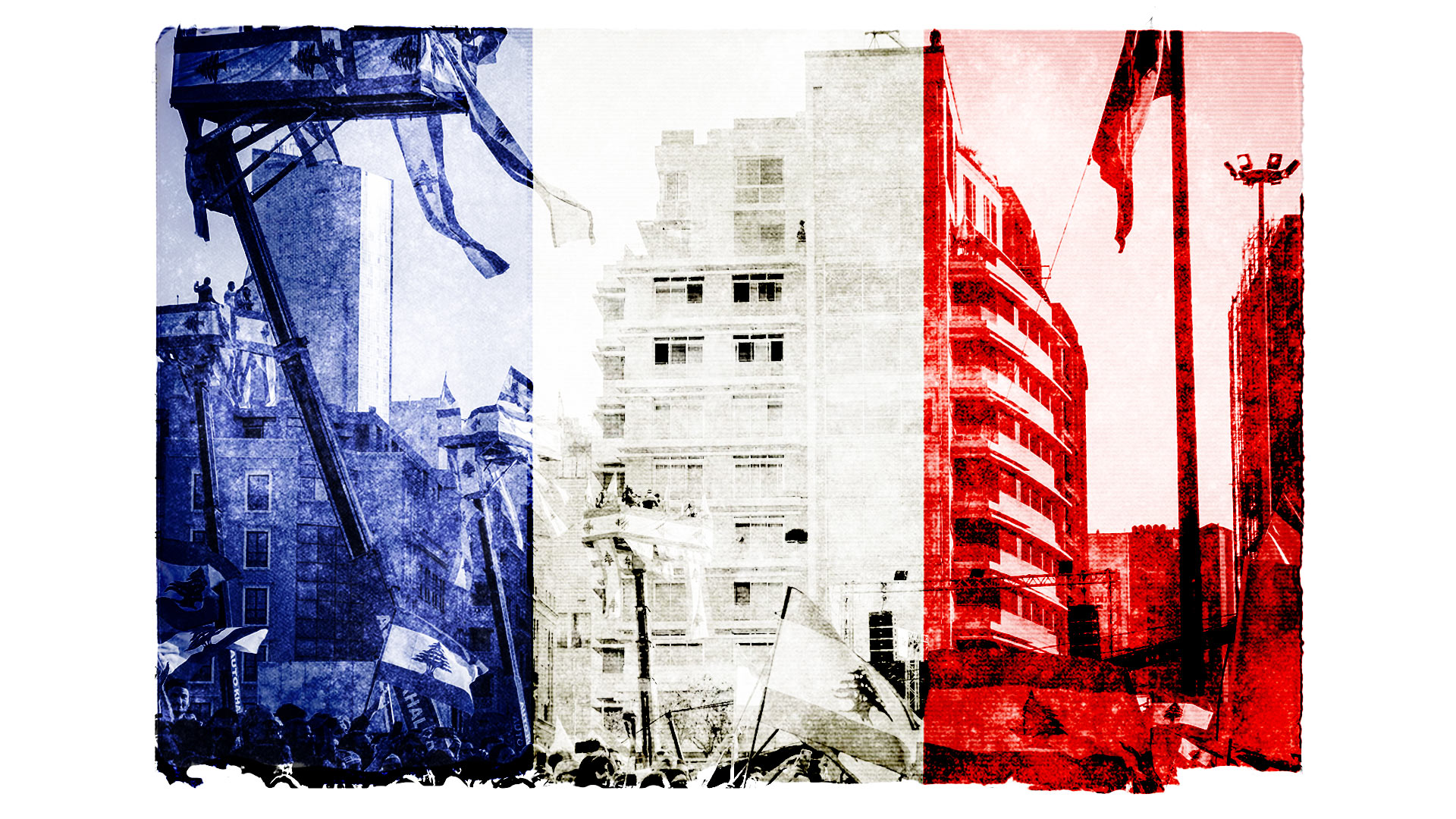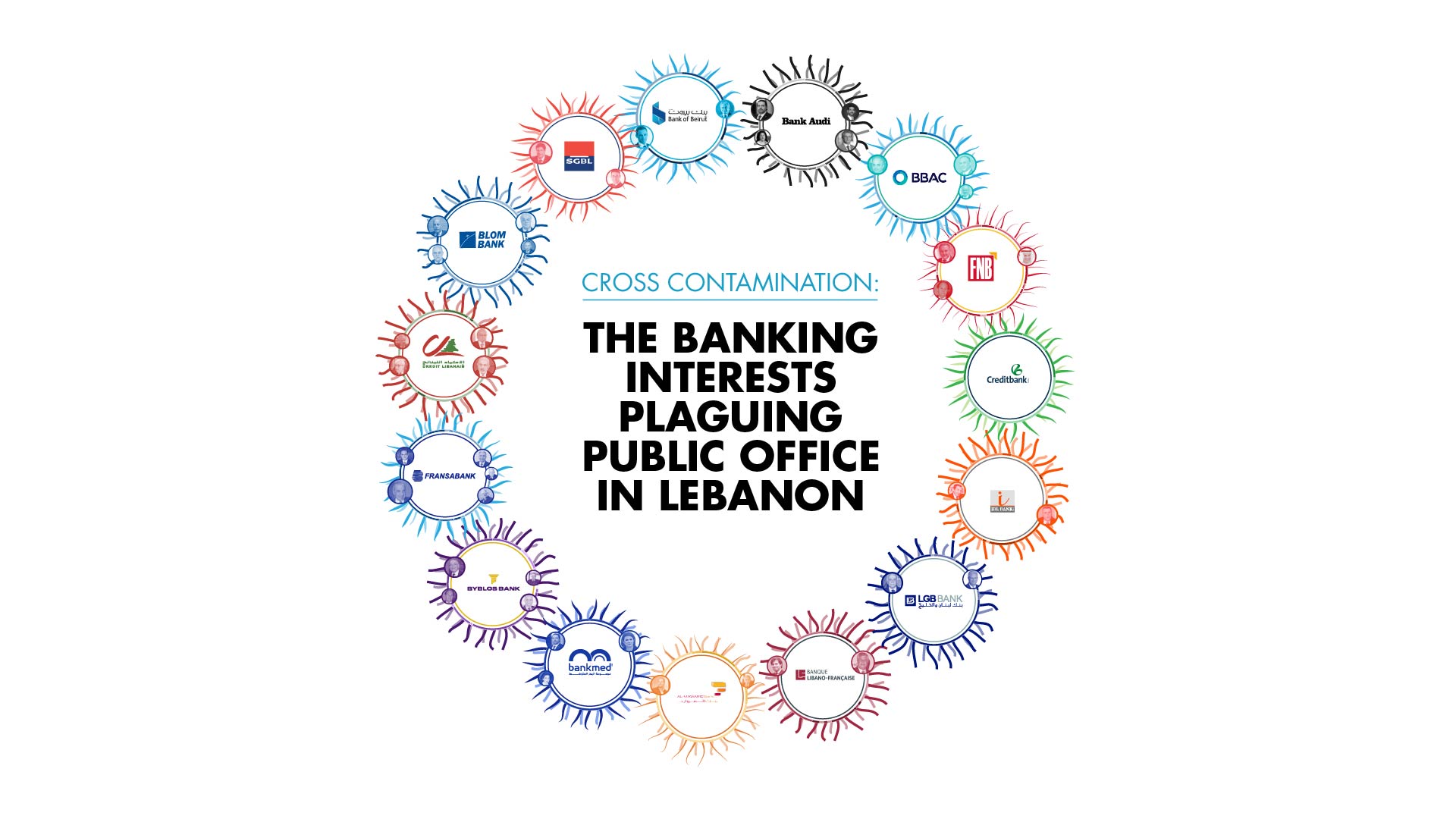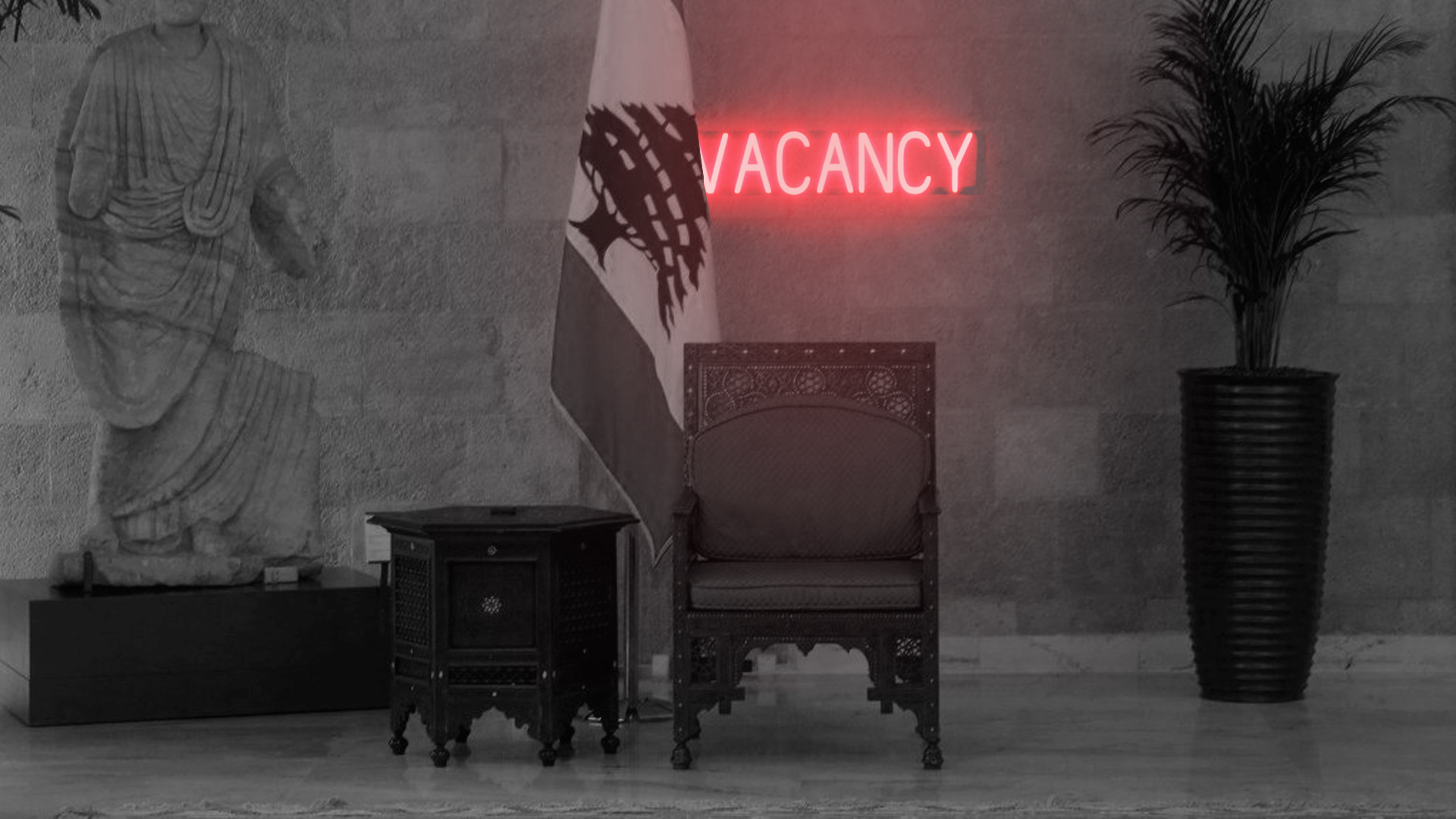French shipping giant CMA CGM has also secured near total dominance over Lebanon’s import-export infrastructure after acquiring 100% ownership and management rights of the ports in Beirut and Tripoli. Rudolphe Saadé, the current CEO of CMA CGM and son of its Lebanese founder, Jacques Saadé, is a close advisor of President Macron.
In February 2022, CMA CGM won the tender to run the container terminal at the Beirut port in a bidding process which has since been criticised for a lack of transparency. In swiftly allocating the tender to CMA CGM, Lebanon’s Ministry of Public Works did not wait to complete the new master plan for the port’s redevelopment or draw up and implement proposed legislative reforms.
More recently, the holding company of CMA CGM, Merit Invest, also won the tender to operate Lebanon’s domestic postal service, before having it dismissed following criticisms levelled by the Lebanese Court of Audit. The court raised similar concerns to those regarding the Beirut Port, namely that the Ministry of Telecommunications’ tender process had been rushed and structured to favour Merit Invest’s bid.
In the aftermath of the catastrophic 4 August blast at the Beirut port in 2020, the CEO of CMA CGM accompanied the French President on a visit to the site of the disaster. During this state visit, Macron delivered a seemingly firm scolding to members of the country’s political class. This included threatening sanctions unless the Lebanese government passed the legislative reforms required to access a US$3 billion rescue plan from the International Monetary Fund (IMF).
Three years later, these reforms are nowhere to be seen and the failure of the Lebanese political class to act on Macron’s warnings has gone largely unpunished.
French sanctions imposed on Lebanese figures in 2021 for alleged financial corruption or obstruction of financial reforms were meagre. The names of the individuals targeted were kept secret, and the only “sanctions” they faced were entry restrictions into French territories. There has since been no progress on an IMF deal and the makeup of Lebanon’s political elite remains the same – with the notable exception of disgraced former Central Bank Governor, Riad Salameh, who faces international arrest warrants.
Betraying the people
The frailty of French sanctions on the wider Lebanese political establishment, who had until recently helped successfully protect Salameh, has served as benchmark for the pitiful accountability measures imposed by the wider international community.
One might easily see the contours of a French-Lebanese quid pro quo for Lebanon’s elites. In 2020, Human Rights Watch reported persistent obstruction by the French in international efforts at the United Nation’s Human Rights Council for an investigation into the Beirut blast. Given Macron’s promises for unconditional justice following the explosion, claiming “I’m not here to help them, I’m here to help you” whilst speaking to victims in Beirut, this obstruction is nothing short of a betrayal.
Since 2020, domestic investigations have hinted at the matrix of public officials, interwoven into Lebanon’s prevailing political power structure, whose gross negligence set the conditions for the blast to occur. Importantly, various factions of the political establishment – in particular, Hezbollah – are also heavily implicated in concurrently quashing domestic investigations.
The 80th anniversary of Lebanese independence therefore arrives at a critical juncture. It should prompt the Élysée to pause and reflect on France’s current role in Lebanon.
The appointment of political heavy weight, Jean-Yves Le Drian, as the new French presidential envoy to Lebanon in June 2023, suggests the terms of French engagement may be undergoing a tactical shift. During his most recent visit to the country, Le Drian met with parliamentarians from across the political spectrum, signalling an openness to back an alternative presidential candidate to Frangieh. At the same time, Le Drian’s repeated threats of sanctions have gone nowhere, not least in terms of the empty EU sanctions framework now in its third year without one sanction being issued.
France’s present approach of tolerating and enabling the stark misgivings of Lebanon’s establishment, waving around empty threats and vying for contracts for its companies, has proven fateful for Lebanon’s populace. A first step out of both the political and the financial crises would be tough talk backed by action, not a pat on the back, by the Élysée.
The backroom dealings over the presidency and public sector assets that have become the norm for French manoeuvring in Lebanon should be replaced by the implementation of stringent, targeted sanctions against the members of the political elite blocking a resolution of the country’s political and financial crises. Only this approach can compel Lebanon’s political factions to settle on a successor to President Michel Aoun. In the meantime, the threat of the naughty step just won’t do: Ça suffit monsieur le president.
This article was originally published in the New Arab.



